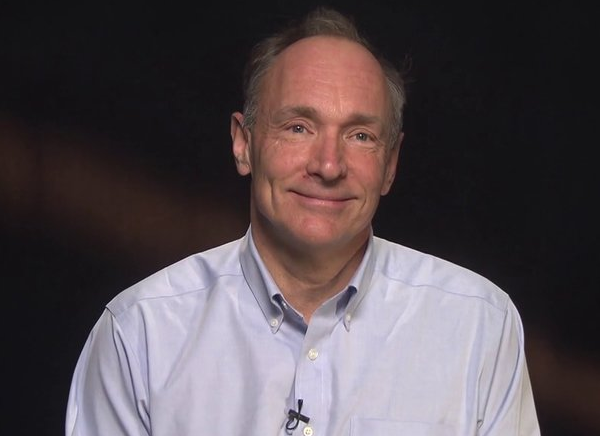World Wide Web inventor Tim Berners-Lee has labelled fake news as one of three trends that must be tackled to keep the web on track. He also targeted all-or-nothing conditions on personal data, along with unethical political advertising.
Writing in The Guardian to mark the 28th anniversary of his original proposal for the web, Berners-Lee said that the trends were threats to his original vision of “an open platform that would allow everyone, everywhere to share information, access opportunities, and collaborate across geographic and cultural boundaries.”
He said that in principle people don’t mind the idea of exchanging personal information in return for free online services. However, he argued that users don’t get enough specific control over what is and isn’t shared, particularly with third parties, instead having to agree to inflexible terms and conditions. He also warned that data collection by sites can go on to pose a threat if governments get hold of that data, through cooperation or coercion.
Berners-Lee also condemned the spread of misinformation that is “surprising, shocking or designed to appeal to our biases”, particularly when algorithmically selected.
He also noted that the sheer number of political ads online – reportedly up to 50,000 a day on Facebook during the US election – made it difficult to monitor abuses. He posed the question of whether it’s ethical for a campaign to deliver conflicting messages to different groups, or to deliberately try to discourage people from voting.
Berners-Lee said his Web Foundation will tackle such issues as part of a five-year research project. He also argued that while political campaigning online might need tighter regulation, the topic of fake news needed to be tackled by major websites rather than a central body.

